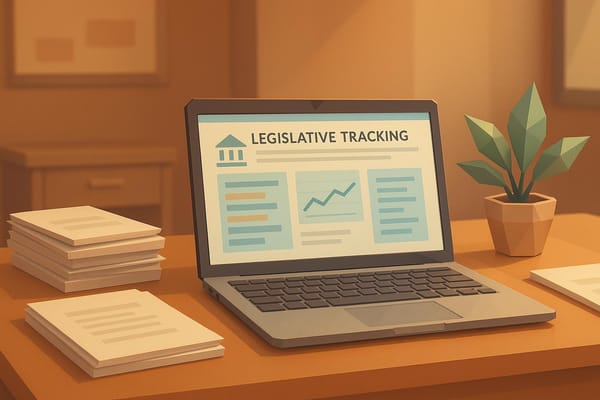South Carolina Moves to Repeal Mask Laws

The South Carolina General Assembly is taking significant steps toward a legislative shift regarding mask mandates with Bill 1177. This proposed bill aims to amend the South Carolina Code of Laws by repealing existing sections related to mask-wearing regulations. During a time where mask mandates have been a point of contention, the removal of these regulations signals a move towards personal choice regarding health and safety practices. This blog post will explore the implications of Bill 1177, the details of the proposed changes, and the broader context influencing this legislative action.
Introduction to Bill 1177
As communities attempt to navigate the ongoing effects of the pandemic, mixed responses to mask mandates have emerged. The repeal of previous legal provisions is aimed at eliminating penalties related to non-compliance with mask-wearing regulations. By reviewing this bill, it becomes apparent that lawmakers are aligning legislation with public sentiment that favors personal freedom over mandates.
Overview of Current Laws
Currently, Sections 16-7-110 and 16-7-120 of the South Carolina Code impose penalties for violations of mask mandates. These laws have faced criticism for their perceived overreach, particularly in light of evolving public health recommendations. The ongoing debate has made the repeal outlined in Bill 1177 a timely discussion in the legislative assembly.
The Repeal of Sections 16-7-110 and 16-7-130
Section 2 of Bill 1177 specifically targets the repeal of Sections 16-7-110, which mandates mask usage, and Section 16-7-130, which provides exceptions to these rules. According to the bill's text, these sections will no longer be enforceable, thus removing any penalties associated with non-compliance. This change reflects the state legislature's response to public opinion regarding personal responsibility and freedom.
Impact on Public Health Policy
The implications of repealing these sections extend beyond mere legal adjustments. It signals a shift in how public health is approached within the state. The South Carolinian approach could reflect a trend seen in other states where mandates are being lifted in favor of encouraging voluntary compliance. Supporters of the bill argue it empowers individuals to make choices regarding their health.
Reactions from the Public and Stakeholders
The reaction to Bill 1177 has been varied among different groups. Some health officials express concern that removing such regulations might lead to increased transmission of illness, while others champion freedom of choice and personal responsibility. The divergence in opinion highlights the ongoing debate surrounding public health measures in a post-pandemic society.
Next Steps for Bill 1177
As it stands, Bill 1177 awaits further review and approval from the Governor. If enacted, this will take effect immediately and reshape the regulatory landscape concerning mask-wearing in South Carolina. The legislative timeline will be crucial as the bill progresses, reflecting how the state plans to balance health measures with individual liberties.
Conclusion: The Future of Mask Regulations
With the repeal of mask-related mandates, the bill seeks to empower citizens by prioritizing their personal choice over dictated regulations. As we observe this legislative process, it will be imperative to consider how public response will shape future health policies. The overall takeaway from this legislative endeavor is a clear indication that the dialogue surrounding health, safety, and personal freedom remains a vital aspect of governance in South Carolina.




